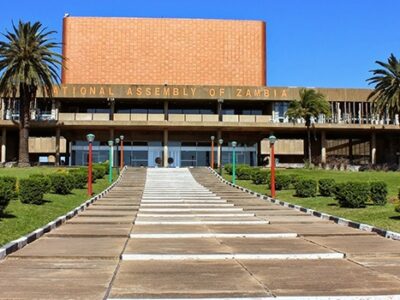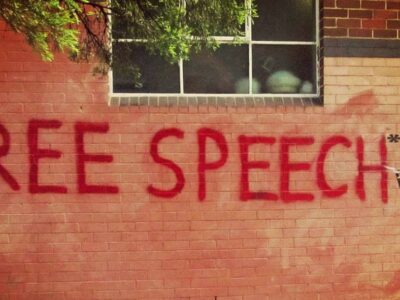The proliferation of misinformation, disinformation and fake news has become a pressing global concern and Zambia, like many other African countries, is not immune.
Misinformation refers to the unintentional spread of false information, while disinformation is deliberately fabricated to deceive, according to the Oxford Dictionary.
Fake news often encompassed both, usually with malicious intent.
Elizabeth Riziki, National Director of the Media Institute of Southern Africa (MISA)-Tanzania, identified several factors contributing to information disorders globally, including in Zambia.
“These include barriers to accessing information, an information gap between urban and rural communities, government control of the media and youth unemployment,” Riziki said.
The spread of false information has far-reaching consequences, such as eroding trust in institutions, fueling social unrest and undermining democracy.
To mitigate these risks, Zambia needs to take proactive measures to sanitise its media space.
Prisiel Samu, Programmes Coordinator at ZimFact, noted that individuals with internet access are often involved in spreading fake news.
“Governments can play a leading role by regulating social media platforms, which have become breeding grounds for misinformation,” Samu stated.
In Zambia, the rise of social media and online platforms had created an environment conducive to the spread of false information, significantly impacting public discourse, policy-making and national security.
The consequences of misinformation, disinformation, and fake news in Zambia included undermining confidence in institutions, leaders and media outlets.
A study by researcher Gregory Gondwe, titled “Audience Perception of Fake News in Zambia: Examining the Relationship Between Media Literacy and News Believability,” suggested that formal education had a limited impact on detecting fake news.
Instead, the credibility of news sources was found to be an insignificant factor in determining trustworthiness.
Fabricated stories often incited violence, xenophobia, and electoral manipulation, disrupt markets, harm businesses and deter investment.
To combat these issues, Zambia must adopt a multi-faceted approach, including establishing a regulatory body to enforce ethical journalism and online content standards.
The Zambian government has recently announced a crackdown on the misuse of social media under Section 54 of the Cyber Security and Cyber Crimes Act No. 2 of 2021.
This crackdown extended to administrators of WhatsApp groups and other social media platforms, who are reminded of their legal responsibilities and the potential consequences of allowing harmful content.
“WhatsApp group administrators must curtail postings that are illegal and in bad faith, as they will be held responsible for the publication of such information,” cautioned Minister of Technology and Science Felix Mutati.
Various stakeholders have proposed several measures to address misinformation, including supporting independent fact-checking initiatives, promoting transparency in media ownership and funding, protecting individuals who expose misinformation and encouraging media outlets to adhere to ethical standards.
Additionally, educating citizens on critical thinking, media literacy, and fact-checking skills was crucial.
By implementing these measures, Zambia aims to foster a media environment that values truth, accuracy, and informed discourse.
WARNING! All rights reserved. This material, and other digital content on this website, may not be reproduced, published, broadcast, rewritten or redistributed in whole or in part without prior express permission from ZAMBIA MONITOR.












Comments